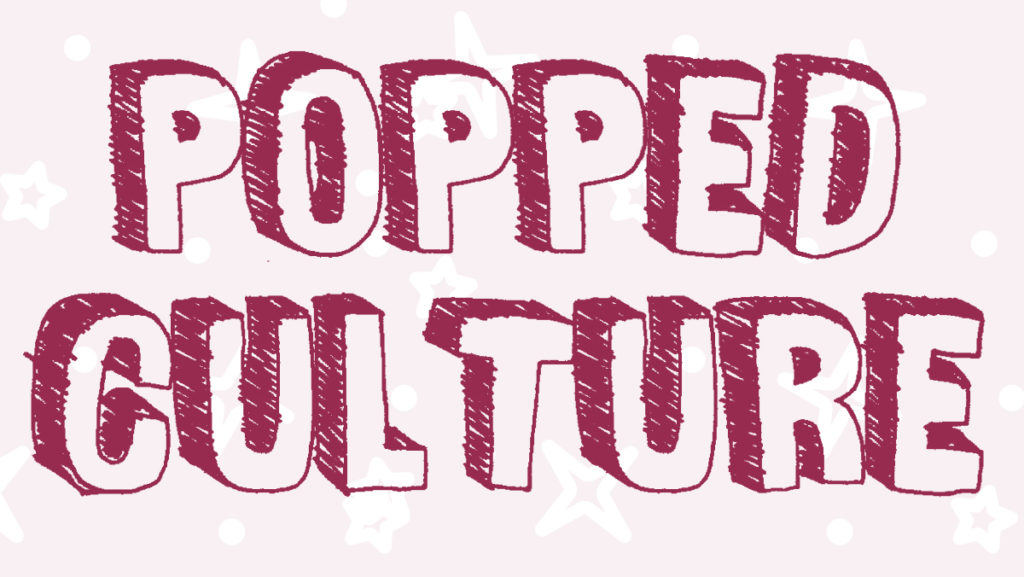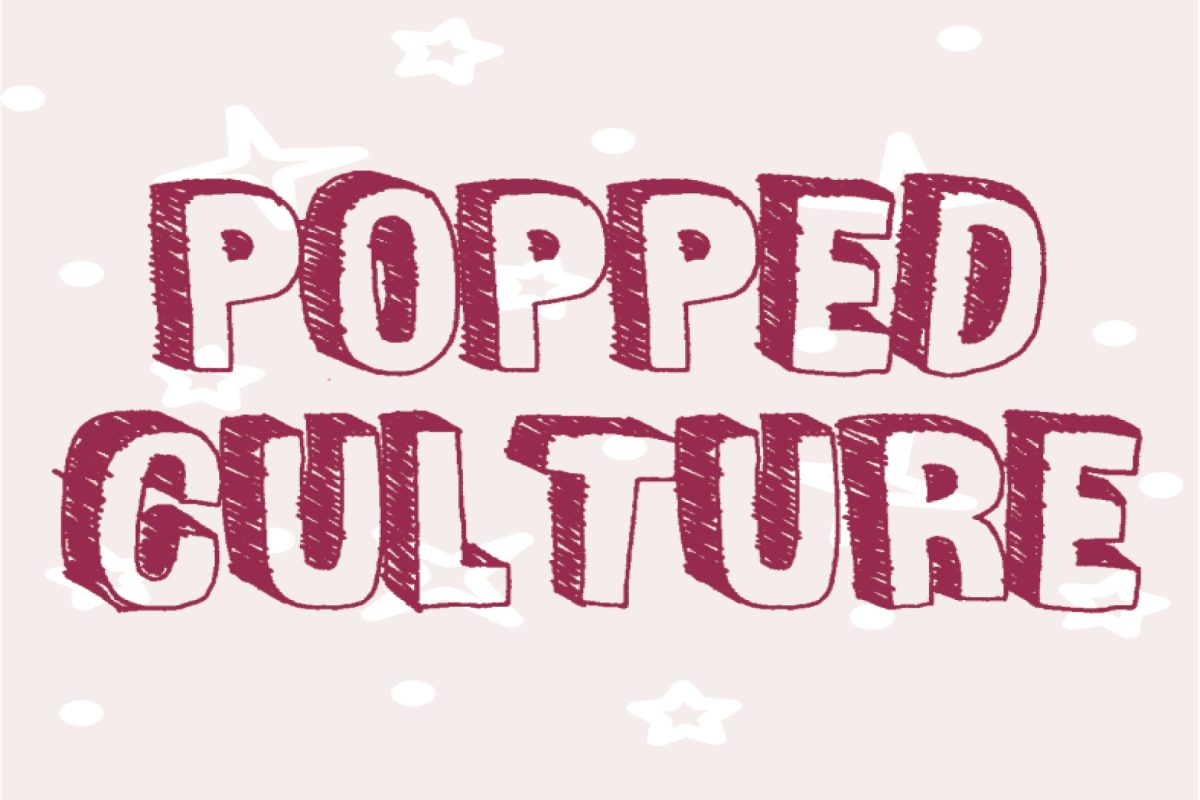People love movies, and they love to explore what makes their favorite films tick. That said, not everyone wants to dedicate their whole life to the craft or academic study of filmmaking. But like their favorite superheroes, in fly video essays — an easily accessible resource for cinephiles who prefer self-conducted research compared to the classroom.
However, not all video essays are created equal. Formally educated essayists, who offer interested viewers heightened and thorough research, shine the brightest. The educated essayists are defined by several distinct traits. They do not pretend to be experts in topics they know little about, and they don’t shun people for disagreeing with them. These creators often focus on a subject that they studied in a university setting. Their arguments, rarely emotionally charged, typically use their own well-researched evidence to support their arguments and analyses.
One of the most prominent creators in this group is Patrick H. Willems, an essayist with a degree in cinema studies from Oberlin College. Willems’ videos are not always about films. Sometimes, they focus more on how people should conduct themselves when discussing films. Many creators will only discuss one genre, but Willems presents different templates for all of his videos, combining accessibility with intelligence and a dash of self-deprecating humor for good measure.
His popular videos include one on director Michael Bay’s distinct style and why that makes him an auteur, as well as a video in which he argues how “Mamma Mia! Here We Go Again” is better than its predecessor. Willems’ videos make great education and entertainment for anybody with an interest in filmmaking itself rather than a film’s significance. He is one of the most compelling creators because of his constantly evolving subject matter.
Another video essayist on YouTube with an education in filmmaking is Lindsay Ellis, an author and essayist with a Bachelor of Arts in film studies from New York University and a Master of Fine Arts from the University of Southern California’s School of Cinematic Arts. Unlike Willems, Ellis focuses less on broad–stroke filmmaking techniques. Instead, she aims for hyper–in-depth analyses of specific films. Ellis began her YouTube career as the “Nostalgia Chick” in which she made videos about how certain films shaped the film industry and cultural history as a whole.
Her retrospective style remains similar now, and her videos focus on the content of the product rather than the form, like in her videos about “Game of Thrones” season eight. Her videos are usually longer and not as easy for a general audience to digest, as she often discusses dense political, historical and cinematic topics. This makes her a perfect creator for viewers looking to increase their knowledge of complex film topics that they might only find in a classroom.
Ellis’ videos often cover feminism in film, an aspect of her channel that separates her from almost all the other essayists on YouTube. She is also one of the few women in the video essay community. Ellis is so excellent at what she does that it’s impossible to watch one of her essays and not learn something. Some of her more notable works include her “Woke Disney” video because of its poignant criticism of the megacorporation. Her video about “Guardians of the Galaxy Vol. 2” showcases a different side of Ellis — praising a big–budget superhero movie. Her videos can offer deep dives into specific topics that might not be covered in film classes, especially because of the sociopolitical lens she uses to dissect media.
An essayist with a different focus from Willems or Ellis is Sideways, a creator with a bachelor’s degree in music from Colorado State University. He makes videos about film scores and the way composers work to make a story in a nonvisual medium, and he is one of few creators on YouTube who does so. Like Ellis and Willems, Sideways acknowledges that he is not all-knowing and does not pretend to be an expert in story structure or cinematography. Instead, his videos stay focused on expert-level analysis of music. His analyses highlight aspects of film scores that viewers would never otherwise notice, like in his video about finding the Superman theme within “Avengers: Endgame” or in the essay in which he argues why the music for the Marauder’s Map is best of all the music in the “Harry Potter” franchise.
Sideways rarely makes emotionally charged judgments, save for his video on “Star Wars: The Rise of Skywalker” because of how this film’s music hurts all the others in the franchise. Sideways has a lighthearted charm to him that is quite inviting. It never gets old hearing the pure joy and excitement in his voice when he discovers a new musical moment.
These essayists make videos that avoid the pretentious pitfalls of professors because they are meant for a broader audience. As a film student myself, I notice that many professors teach cinema studies with overly long lectures and condescending attitudes that do not translate to today’s students. Some professors don’t always care if the students are checked in or not.
Video essayists want you to watch their videos, so a huge emphasis is placed on keeping their videos as engaging as possible. If nobody watches, then they have to stop making videos. Video essayists with formal education are great for the online film community because they promote a healthy discourse around filmmaking and never make people feel like they are wrong for liking or disliking something. And, after studying these videos, viewers can bring these riveting conversations beyond the classroom.





